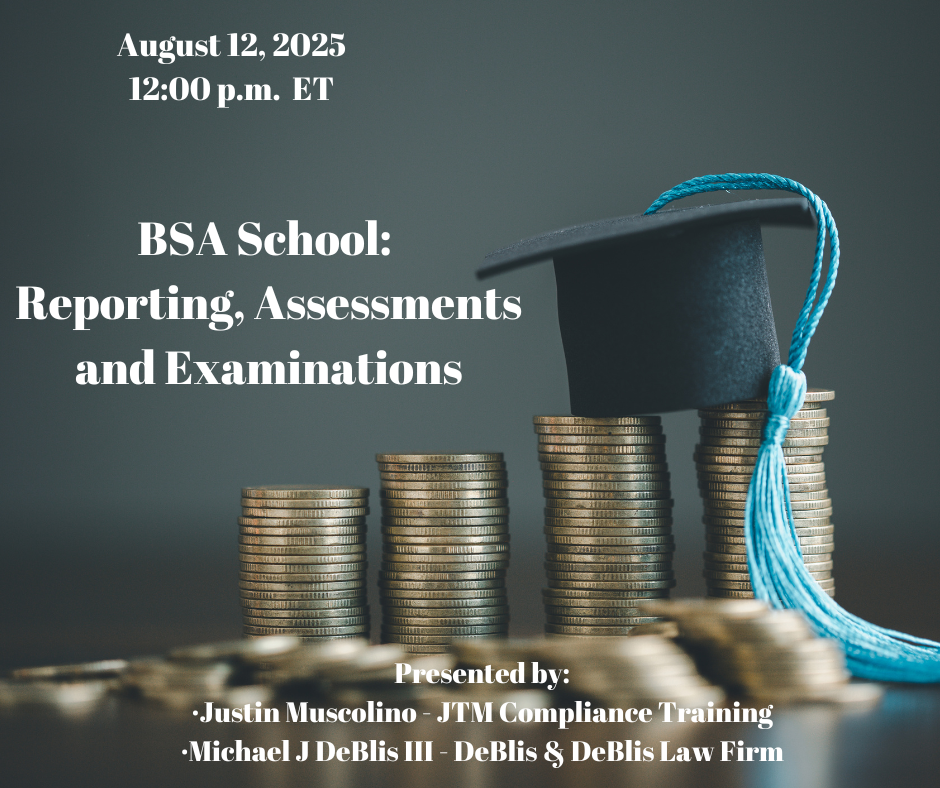
Exciting new series on “Voice, Body and Movement for Lawyers – How to connect with the jury and find Justice Through Dramatic Technique!”
Click here to find out more
If we stop to think about what we look at most during the day, the answer would probably not be our family or friends, nor our clients or colleagues. The most feasible option would be our mobile phone. Smartphones are now our companions for work, social, leisure and even family life. However, excessive use can lead to problems of dependence, addiction and fear. We find ourselves simultaneously connected and alone. Workers today are ‘never turned off.” Like our mobile phones, we only go on standby at the end of the day as we crawl into bed, exhausted.
Gradual, incremental increases in responsibilities, duties, pressures and demands upon lawyers, at home and at work, combined with long work-days and weeks has placed our profession at risk. At some point work may dominate our lives and keep us at a chronically high level of distress; yet we are often unaware that we have lost balance in our lives. Since it doesn’t appear that the “always-on” culture will be switching off any time soon, we need to develop key strategies that can help safeguard our personal life.
Recent studies have shown that there has been a dramatic increase in impairment due to alcoholism, addiction and mental health disorders among members of the legal profession. The statistics are compelling and clearly indicate that 1 out of 3 attorneys will likely have a need for substance use or mental health services at some point in their careers.
And Technology? What role does it play in perpetuating this public health crisis?
Attorney Brian S. Quinn is the Education and Outreach Coordinator for Lawyers Concerned for Lawyers of Pennsylvania. He will discuss:
1. The early warning signs of impairment, with special emphasis on stress, anxiety and trauma, including the mental health impact of technology in the post- COVID-19 world.
2. The free services that Lawyers Assistance Programs provide to lawyers, judges, their family members and law students.
3. A close look at what barriers exist that prevent lawyers and judges from seeking the help they need and the role that education plays in breaking the stigma and fear associated with addiction and mental illness in the legal profession.
4. Wellness strategies that can be used by legal professionals and their families.
5. The ethical challenges created by the imposed isolation of the pandemic, including the role technology plays, and it’s possible long- lasting effect on the legal profession.

As lawyers it’s easy to get myopic and wrapped up in the chaos, mechanics and technicalities o...

The program objective is to provide the basis of US sanctions, including overview on enforcing agenc...

This session is designed to help compliance professionals and fintech partners better understand the...

This course will cover fundamental aspects of state telehealth laws and regulations. Attendees will ...

This program will cover how to prepare an effective letter tendering defense and indemnity of an add...

Session 6 of 10 - Mr. Kornblum, a highly experienced trial and litigation lawyer for over 50 years, ...

Today’s threats to trademark distinctiveness are emerging from unexpected fronts: AI systems t...

Neither attorneys nor their clients can operate in today's world without understanding Artificial In...

Nowhere is the gap between technology and regulation more pronounced than in AI. For lawyers, this o...

Session 1 of 10 - Session 1 of 10 - Mr. Kornblum, a highly experienced trial and litigation law...